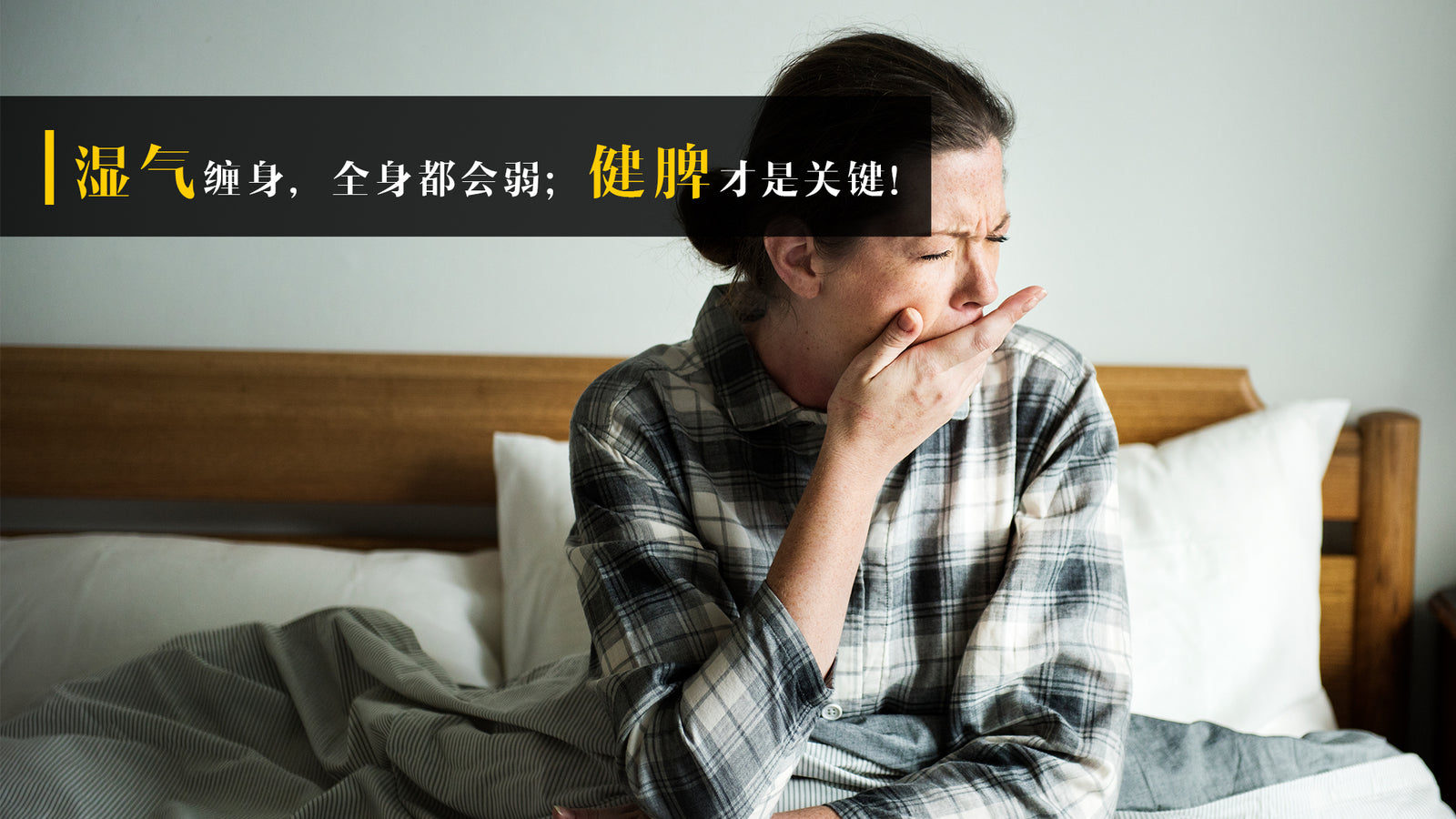Your Cart is Empty
🚛 FREE SHIPPING for order RM 120 & above
🚛 FREE SHIPPING for order RM 120 & above
🚛 FREE SHIPPING for order RM 120 & above
【不是中藥 itsherbs.com】Body Types
[不是中藥 itsherbs.com] Health Tips
【不是中藥 itsherbs.com】Media Reports • Announcement
【不是中藥 itsherbs.com】Body Types
8 major constitutions of traditional Chinese medicine
[不是中藥 itsherbs.com] Health Tips
Chinese Medicine // Wellness // Knowledge
【不是中藥 itsherbs.com】Media Reports • Announcement
Media Coverage • Announcements
1⃣ Feeling bad and weak when waking up
If you wake up in the morning with a pale, sallow complexion and poor complexion;Moreover, the body feels heavy and sluggish, lacking energy, and occasionally there is limb soreness;My head feels foggy; although it doesn't hurt, it doesn't feel clear. This is all because there is dampness inside the body.
2⃣ The stool is sticky and difficult to flush away
In the morning when you have a bowel movement, if the stool sticks to the toilet and cannot be flushed clean, this may indicate that you have dampness in your body.
3⃣ Abdominal distension and enlarged belly
Your lower abdomen is enlarged and you often feel bloated, which may be caused by excessive dampness. However, this assumes you have not been overeating, eating too much, or frequently drinking alcohol. Your appetite is also poor, everything tastes bland, and your mouth feels sticky.
4⃣ There are teeth marks on both sides of the tongue
You will find the tongue body is thick, the color is pale, the tongue coating may be yellow or white, and there are teeth marks on both sides of the tongue, which indicates heavy internal dampness.
5⃣ Drooling while sleeping
When there is too much dampness in the body, the spleen becomes weak, and it is possible to drool during sleep.
6⃣ Oily hair and face
If the hair and face are always greasy, it may be a sign of excessive dampness.


The formation of phlegm-dampness constitution is mainly related to the function of the spleen. The water in the human body is like a river. The upper reaches of the river are managed by the lungs, the middle reaches by the spleen, and the lower reaches by the kidneys. The most crucial is that "the spleen governs transportation and transformation." Once the spleen is relatively insufficient for a long time, the fluids cannot be transported and transformed, and they accumulate in the body over time, resulting in what is called phlegm-dampness. The main symptoms include a heavy head, body swelling, fatigue, and chest tightness.
Zusanli acupoint: Strengthens the spleen
Located 4 cun (four horizontal finger widths) below the outer knee eye (the depression on the side of the knee)
Fenglong Point: Resolves phlegm and soothes the stomach
Located 8 cun above the lateral malleolus, 1.5 cun lateral to the anterior border of the tibia, between the tibia and fibula
Yinlingquan Point: Strengthens the spleen and removes dampness
Located below the knee, along the inner bone of the lower leg upwards, the hollow when turning inward
Zhongwan acupoint: Strengthens the spleen and harmonizes the stomach
Located in the upper abdomen, on the anterior midline, 4 inches above the umbilicus
*Press each of the four acupoints for about 2-3 minutes
🚫 Avoid irregular spleen care
Nourishing the spleen is not something for a specific season, but something that should be done every day like eating and drinking water.
🚫 Avoid cold
To nourish the spleen, you should not drink too many beverages, especially cold drinks. Whether it's cold beverages or melons and fruits, they should not be eaten excessively, as too much cold can harm the spleen.

🚫 Avoid sweets
We advocate for sweet flavors to strengthen the spleen, but excessive sweetness harms the spleen; sweetness should be moderate.

🚫 Avoid Excess
Eating too much can easily harm the spleen and stomach, so you should only eat until you are about seventy to eighty percent full.

*5 tea bags*
Ingredients: Tangerine peel, dried tangerine peel, mulberry bark, wild yam
Strengthen the spleen and dispel dampness, suitable for body swelling, lower limb edema or eyelid edema, or premenstrual swelling
Directions: Pour in boiling water and cover.15Ready to drink in minutes, can be brewed3~4times, until the tea has no taste.
*Note: Pregnant women should not drink
*5 tea bags*
Ingredients: Patchouli, Licorice, Lotus Leaf
It can clear away dampness and clear away heat, and is suitable for those who feel a heavy head, such as a feeling of being restrained or tight.
Directions: Pour in boiling water and cover.15Ready to drink in minutes, can be brewed3~4times, until the tea has no taste.
*Note: Pregnant women should not drink
*5 tea bags*
Ingredients: roasted malt, Shenqu, tangerine peel, Citrus aurantium
Aids digestion and soothes the stomach, dissolves phlegm and promotes qi circulation, suitable for indigestion or discomfort from bloating after meals
Directions: Pour in boiling water and cover.15Ready to drink in minutes, can be brewed3~4times, until the tea has no taste.
*Note: Pregnant women should not drink
*5 tea bags*
Ingredients: Artemisia capillaris, dried orange peel, Atractylodes macrocephala
Clears heat, strengthens the spleen, and dries dampness; suitable for facial oiliness or accompanied by bad breath and sticky sweat.
Directions: Pour in boiling water and cover.15Ready to drink in minutes, can be brewed3~4times, until the tea has no taste.
*Note: Pregnant women should not drink
